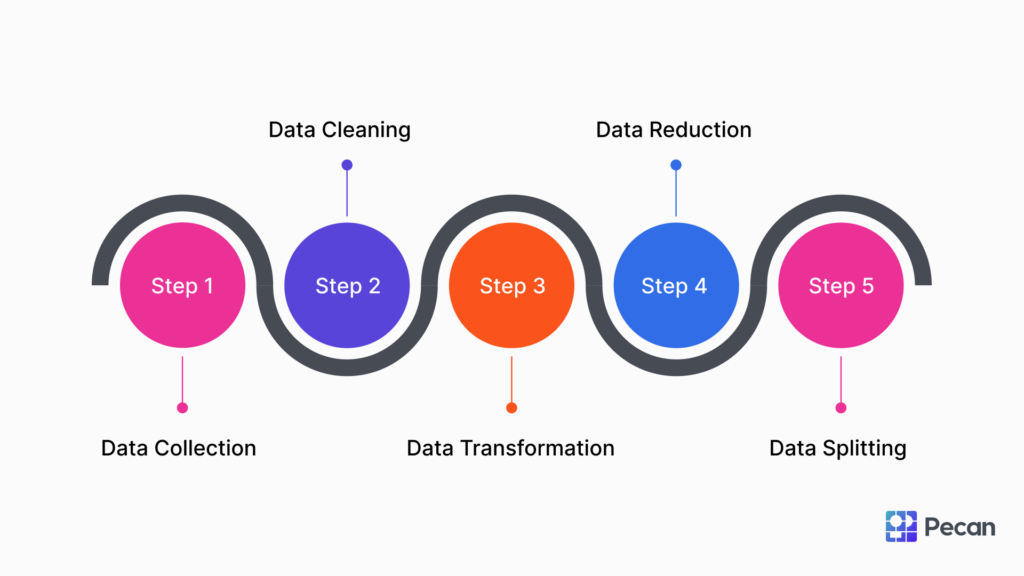
Important Terminology
Important Terminology 관련
To fully understand unsupervised learning and clustering, it’s crucial to be familiar with key terms associated with these concepts. Here are some important terminologies you should know:
1. Data Point
A data point refers to an individual observation or instance within a dataset. Each data point contains various features or attributes that describe a specific object or event.
2. Number of Clusters
The number of clusters represents the desired or estimated number of distinct groups in which the data will be partitioned during the clustering process. It is an essential parameter that determines the structure of the resulting clusters.
3. Unsupervised Algorithm
An unsupervised algorithm is a mathematical procedure used to identify patterns or relationships in data without the need for labeled or pre-categorized examples. These algorithms explore the inherent structure and complexity of datasets to uncover hidden insights.
Understanding and utilizing these terminologies will lay a strong foundation for your journey into unsupervised learning and clustering. In the following sections, we will delve deeper into the practical aspects and implementation of clustering techniques in Python.
